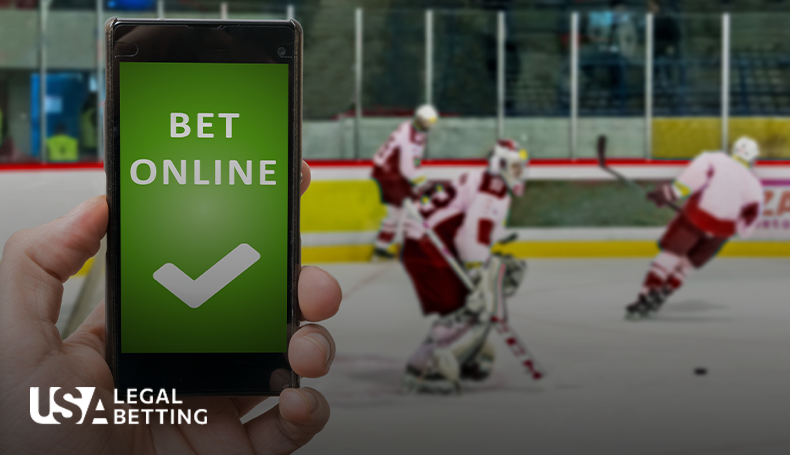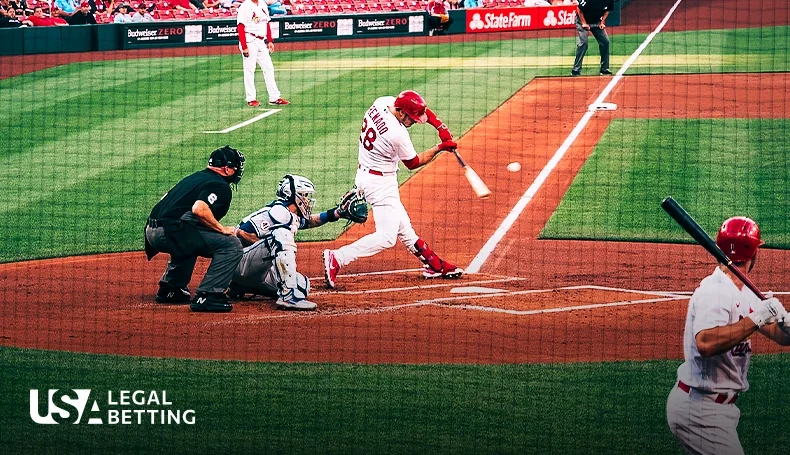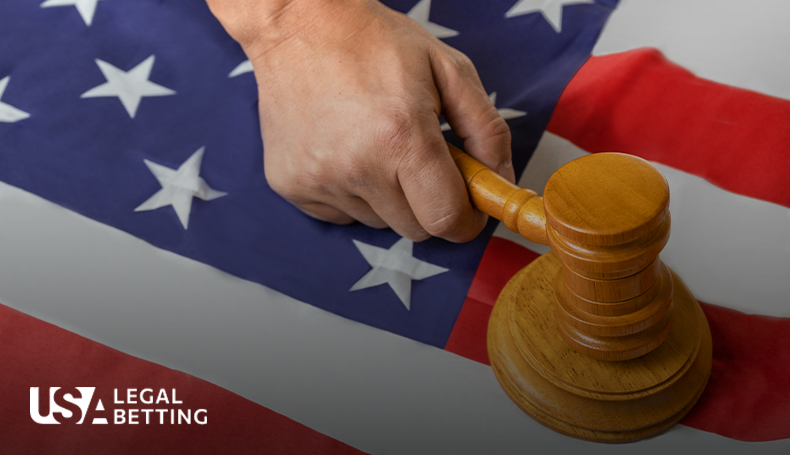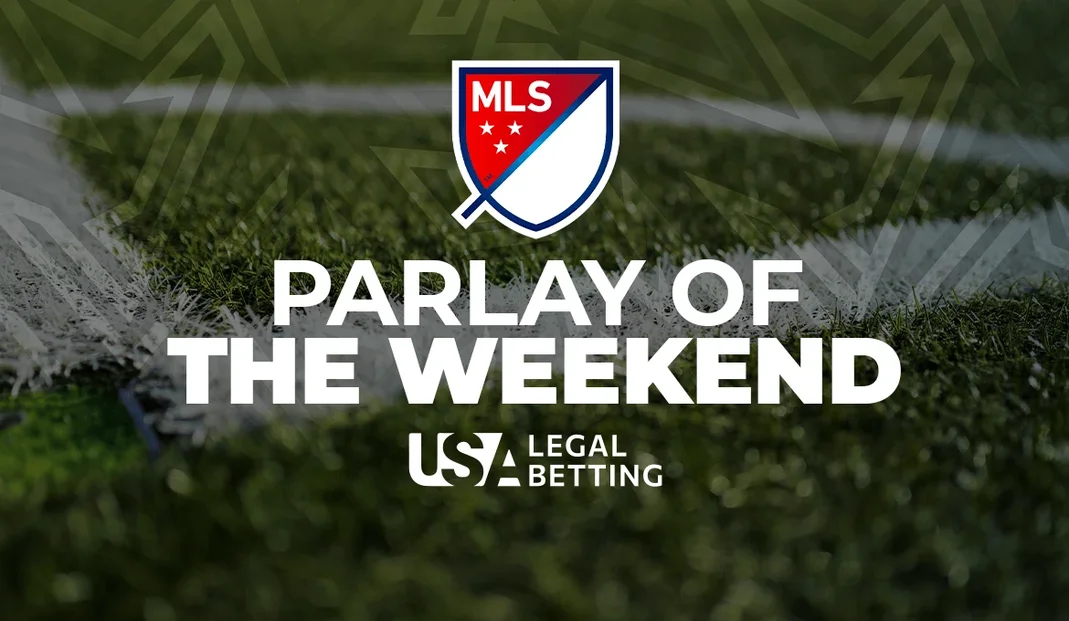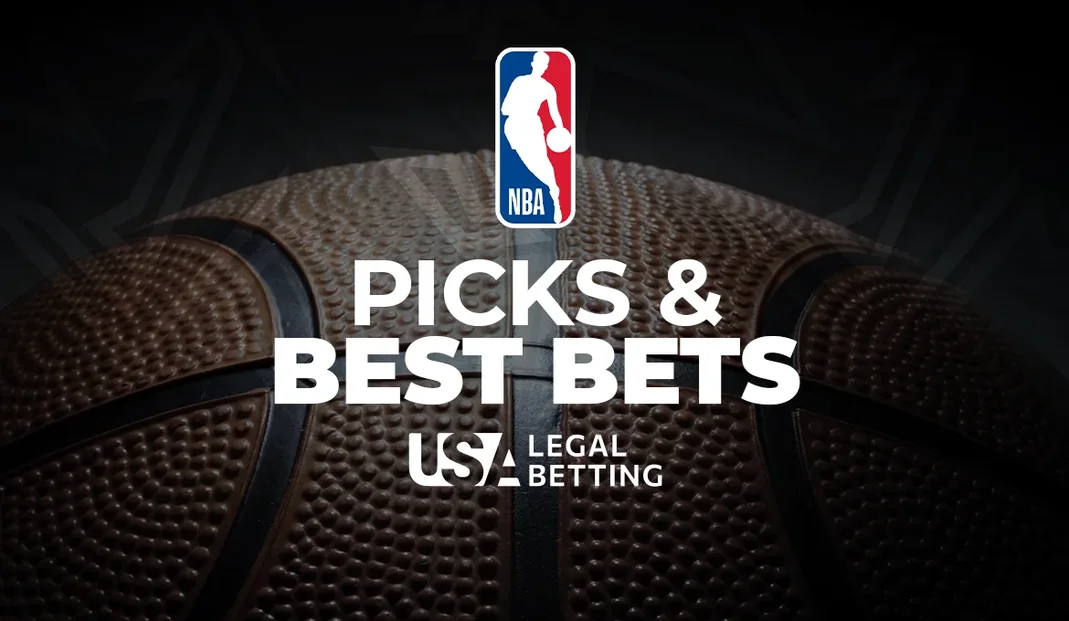More details of the proposals include requirements for the tribes to pay 15% of their gross gaming revenue (GGR) to the Tribal Sports Wagering Revenue Trust Fund, a kitty that does not yet exist but would be established if the bills are adopted.
Tribal operators would also need to pay 10% of the adjusted GGR to another new project, the California Homeless and Mental Health Fund.
According to a statement released by the Nations Indian Gaming Association (CNIGA), the authors of the proposals did not present their ideas or seek input from anyone in their office.
“The California Nations Indian Gaming Association is deeply disappointed that the sponsors of the two recently filed initiatives did not first reach out to the State’s largest gaming association for consultations and input,” CNIGA said. “Instead, CNIGA and our member tribes were alerted to their existence when they were filed with the Attorney General.”
Both initiatives are targeting an appearance in the November 2024 general election. Comments on both will be accepted up until November 27, 2023.
Sportsbook companies and many tribal gaming groups banded together last year to push Propositions 26 and 27 ahead of the general election. Despite the combined spending totaling more than half a billion dollars, both measures failed, and California sports betting was kept under lock and key.
California Gov. Gavin Newsom opposed Proposition 27, the more popular of the two measures.
"It would hurt California's Indian Tribes, increase the risks of underage gambling, and push billions of dollars out of California and into the pockets of out-of-state corporationsm,” Newsom said via Politico ahead of the election. “Vote No on 27.”



